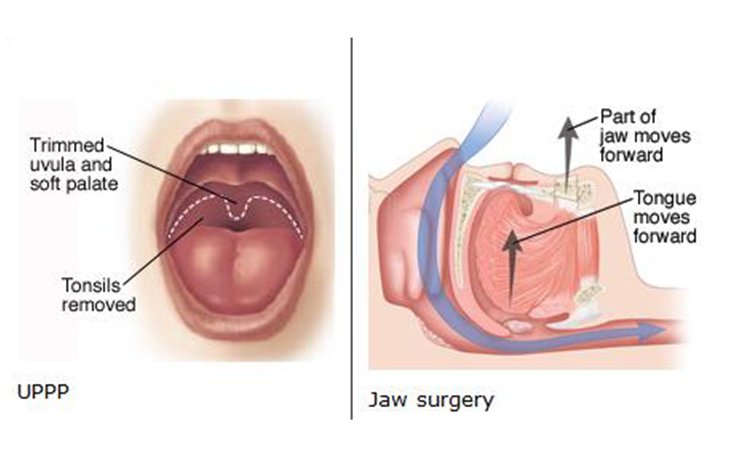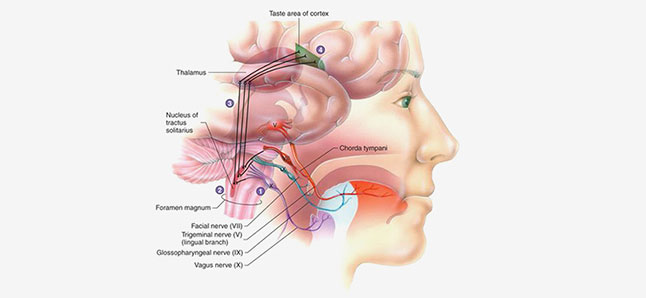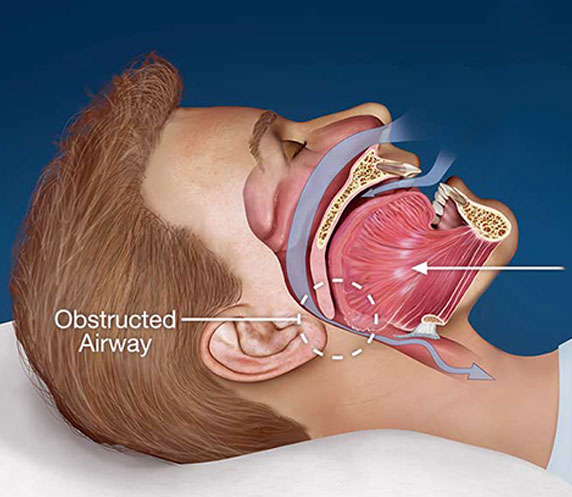Sleeping is essential for a healthy life and getting it in the right doses and at the right times is what helps everyone lead a healthy life. So the obstacles that we face in sleeping are common and need resolving. Snoring and Sleep Apnea are among the most common sleeping problems. So in this article we are going to discuss how to solve them. Surgery is perhaps the most drastic snoring remedy available and has the potential to be very effective for some people. There are a number of surgical interventions to reduce snoring and sleep apnea.
Snoring, excessive daytime somnolence, restless sleep, and apnea are manifestations of sleep-disordered breathing. Understanding of the path physiology related to these problems has led to some successes in nonsurgical and surgical interventions.
Numerous sleep disorders are organized in the International Classification of Sleep Disorders by the American Sleep Disorders Association. The primary disorders that may warrant surgical intervention include snoring and obstructive sleep apnea.
So here’s an important question, what are the types of surgery that help in snoring and sleep apnea?
There are three main categories of surgery that can help to directly reduce snoring:
- Soft Tissue surgery.
- Maxillofacial surgery.
- Neural stimulation.

1. Soft tissue surgery
The least invasive option, this involves making changes to the soft noisemakers themselves.Soft tissue surgery aims to remove or stiffen the flappy parts of the airway which vibrate and cause the snoring noise.Other soft tissue procedures involve making changes to structures in the nose that can cause “downstream” snoring via nasal blockage.Most types of soft tissue surgery are not recommended for OSA sufferers, though this does vary.Usually, these procedures can be performed in an outpatient clinic under local anaesthetic (i.e. you are awake but cannot feel pain in that region).
2. Maxillofacial surgery
Maxillofacial surgery makes structural changes to the bones of the face, jaws and neck. This aims to increase the space in the upper airway.
They are quite serious procedures which need to be done under general anesthetic and will involve a hospital stay.
These procedures are further reaching that of soft tissue surgery. As a result, maxillofacial surgery can have life-changing benefits for patients with severe obstructive sleep apnea.

3. Neural stimulation
This is an exciting, new type of surgery which involves electrical stimulation of the tongue muscles to keep the airway open. It is only ever performed on patients with obstructive sleep apnea.
The system usually consists of three small parts:
- An electrode wrapped around one of the key nerves that stimulates the tongue to move forward.
- A generator which creates the electrical impulse. This is implanted in the chest and can be switched off in the morning wirelessly via a remote.
- A sensor which helps to synchronise the neural stimulation with inward breaths. This is implanted in muscles of the ribs but isn’t always included.
1- Congested or runny nose
To be considered for neural stimulation surgery, you’ll need a diagnosis of obstructive sleep apnea with an AHI of 20-50 (i.e. moderate to severe) [5].
It is usually recommended only if CPAP has failed. As this is an emerging therapy with restricted approval and a limited number of surgeons trained to perform it, it is not an option available everywhere.
One of the most frequently asked questions is:
Why do we snore?
It’s normal to snore occasionally perhaps when you are suffering from a cold or after you’ve had a few drinks at a party before going to sleep.
But what if you, like millions of Americans, snore regularly night after night? Are you suffering from a debilitating sleep disorder that can significantly affect all aspects of your life, or are you harmlessly sawing logs?
Another question is what’s the difference between Snoring and Sleep Apnea?
Snoring is simply a sound caused by a vibration during breathing. The vibration is the result of a partially blocked airway in the mouth, nose, or throat. Snoring can be caused by a number of different factors, including:
- Sinus infections or colds.
- Allergies.
- Alcohol.
- A deviated septum.
- Poor muscle tone.
- Throat and airway obstructions.
Snoring is a symptom of obstructive sleep apnea. Sleep apnea is when a person has multiple pauses in their breathing pattern during sleep. These interruptions in breathing can cause disturbed sleep, interrupted sleep, and light sleep. In turn, a lack of restful sleep can cause a litany of other health issues, such as extreme daytime drowsiness, difficulty concentrating, depression, and anxiety.
Conclusion
Surgery can be a very effective solution for some snorers and sleep apnea sufferers. However, like all snoring remedies, it isn’t suitable for everybody. For surgery to work there needs to be a clear physical abnormality that can be corrected. Surgery should be a last resort only when other techniques to manage your snoring or sleep apnea have failed. Surgery isn’t the priority here, getting better is and being healthy is the priority here and we will help you do that.








